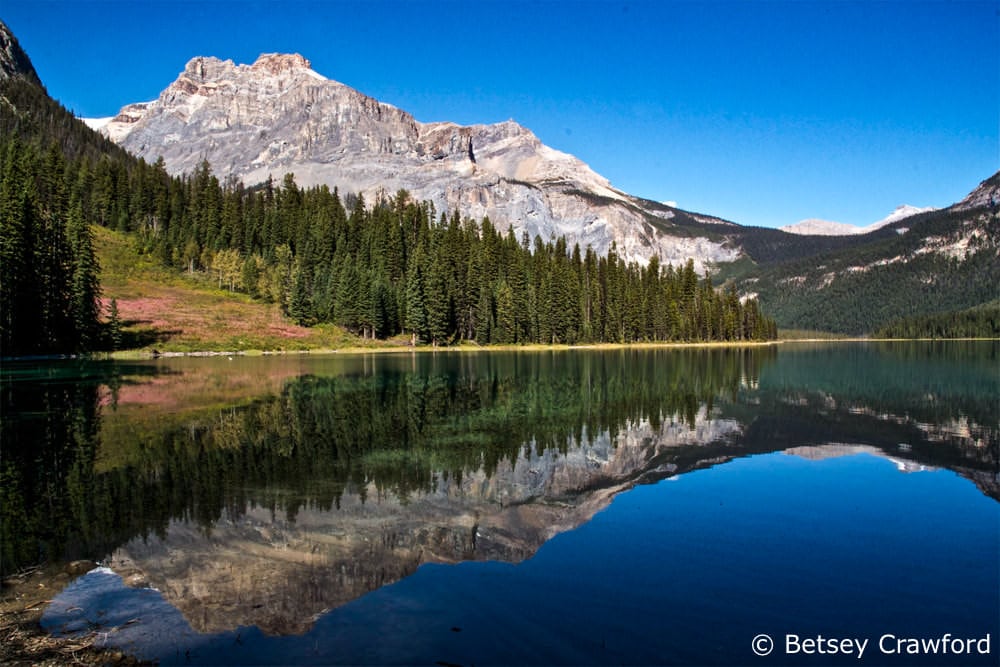
May our struggles and our concern for this planet never take away the joy of our hope.
~ Pope Francis ~
Pope Francis died just short of the tenth anniversary of his powerful encyclical setting forth Catholic doctrine on the care of Earth. Laudato si — Praise be! — open each of the verses in the Canticle to the Sun, written by his namesake, Saint Francis. Issued on May 24, 2015, it’s a revolutionary document. If the inhabitants of Earth had paid heed, we would have changed the way we live on and treat Earth and all her beings.
He covered a wide range of topics, all relating to the care of ecosystems, including human systems like communities and families. His belief that all living things have dignity and worth far beyond their use to humanity underlines the whole.
Every word in Laudato si reflects Pope Francis’ deep concern for the plight of the poor. For the devastation of war and the insidious consequences of political corruption. The dignity and necessity of meaningful work; the need for orderly and inviting living conditions.
Issuing a call for new models of development, he starts with the cooperative efforts of small villages. From there, he moves to the complexity and necessity of global treaties involving all the countries of the world.
Releasing the lure of consumerism with its rampant gobbling of resources was paramount to Francis. He looked toward a world where people live more simply, at peace with themselves and each other. He takes the time to urge his readers to return to the small celebration of life, like saying grace before meals. And urges the importance of appreciating beauty, so that we will want to preserve it.
Laudato Si had a profound impact when it came out shortly before COP21 in 2015. It has been credited with helping set the stage for melding disparate interests and competing desires into the historic Paris Agreement. Pope Francis lived long enough to be profoundly disappointed in the inability of governments and businesses to follow through on thir promises. He wrote his last apostolic exhortation, Laudate Deum, out of this frustration in 2023.
I read the encyclical in 2016 and started what has become a yearly celebration, interweaving the world’s wisdom and beauty. I join Francis in his dismay at the lack of will, foresight, and the sheer greed that has so many retreating from his vision.
But, though my language differs from his, I also share his faith in the forces of creation. So for this tenth anniversary edition, as for the first, I chose excerpts from Laudato Si and paired them with pictures of the great luminous beauty of Earth.

We have forgotten that we ourselves are dust of the earth; our very bodies are made up of her elements, we breathe her air and we receive life and refreshment from her waters. (2)
In this encyclical, I will point to the intimate relationship between the poor and the fragility of the planet, the conviction that everything in the world is connected, the critique of new paradigms and forms of power derived from technology, the call to seek other ways of understanding the economy and progress, the value proper to each creature, the human meaning of ecology, the need for forthright and honest debate, the serious responsibility of international and local policy, the throwaway culture and the proposal of a new lifestyle. (16)

Technology, which, linked to business interests, is presented as the only way of solving these problems, in fact proves incapable of seeing the mysterious network of relations between things and so sometimes solves one problem only to create others. (20)
We need to strengthen the conviction that we are one single human family. There are no frontiers or barriers, political or social, behind which we can hide, still less is there room for the globalization of indifference. (54)

Access to safe drinkable water is a basic and universal human right, since it is essential to human survival and, as such, is a condition for the exercise of other human rights. Our world has a grave social debt towards the poor who lack access to drinking water, because they are denied the right to a life consistent with their inalienable dignity. (30)
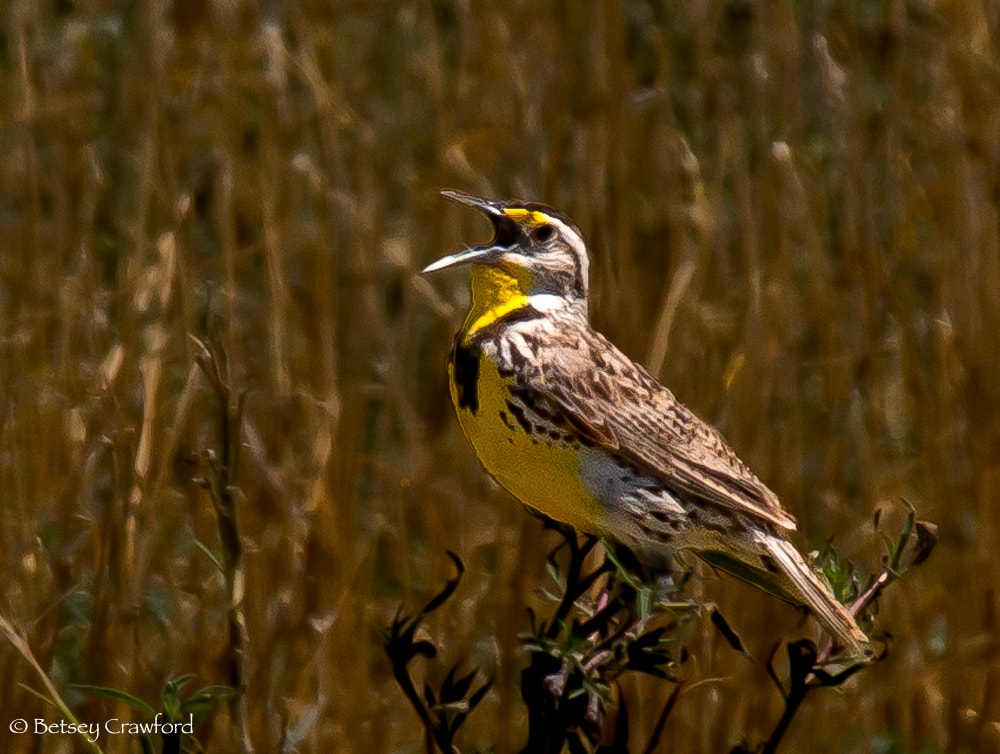
It is not enough to think of different species merely as potential “resources” to be exploited, while overlooking the fact that they have value in themselves. Each year sees the disappearance of thousands of plant and animal species which we will never know, which our children will never see, because they have been lost forever. Because of us, thousands of species will no longer give glory to God by their very existence, nor convey their message to us. We have no such right. (33)

The good functioning of ecosystems also requires fungi, algae, worms, insects, reptiles and an innumerable variety of microorganisms. Some less numerous species, although generally unseen, nonetheless play a critical role in maintaining the equilibrium of a particular place. (34)
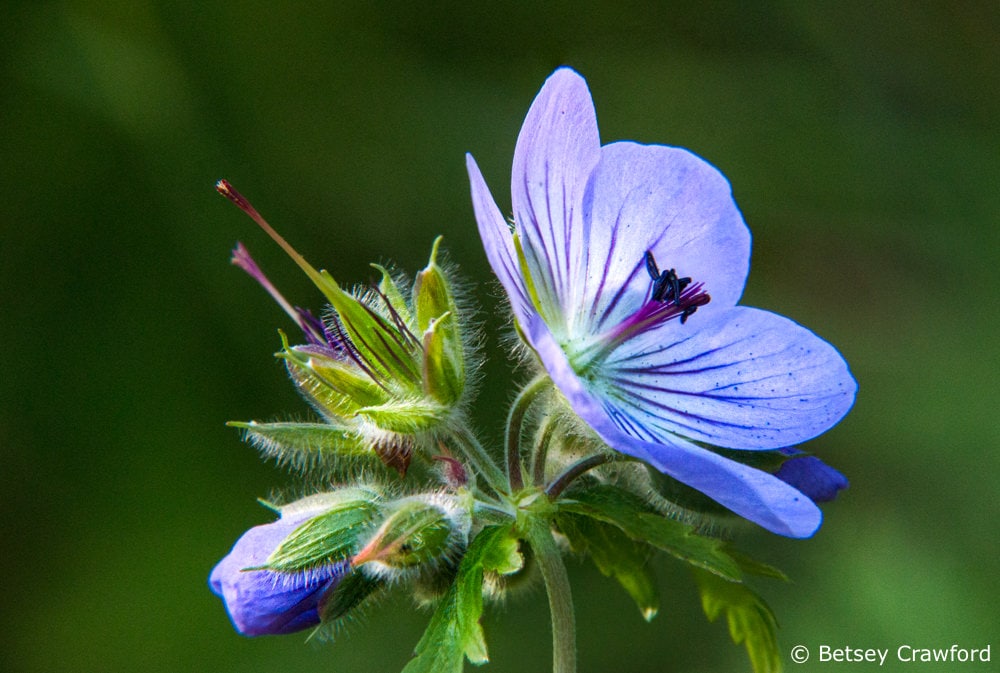
A sober look at our world shows that the degree of human intervention, often in the service of business interests and consumerism, is actually making our earth less rich and beautiful, ever more limited and grey, even as technological advances and consumer goods continue to abound limitlessly. We seem to think that we can substitute an irreplaceable and irretrievable beauty with something which we have created ourselves. (34)
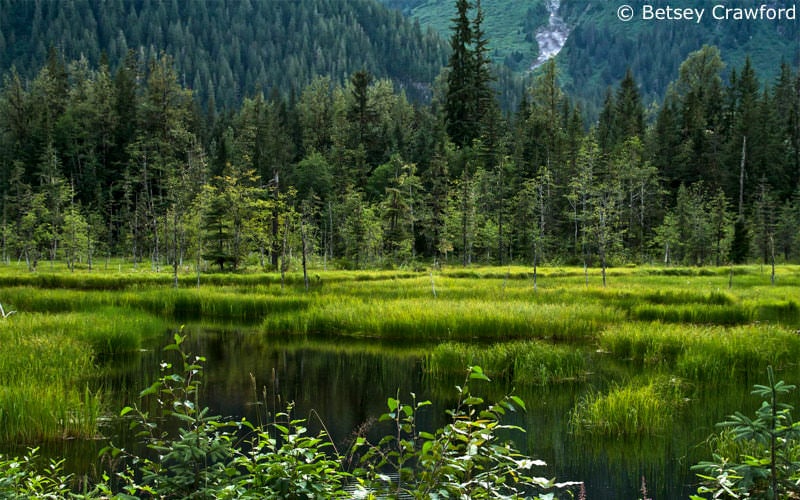
Caring for ecosystems demands far-sightedness, since no one looking for quick and easy profit is truly interested in their preservation. But the cost of the damage caused by such selfish lack of concern is much greater than the economic benefits to be obtained. Where certain species are destroyed or seriously harmed, the values involved are incalculable. We can be silent witnesses to terrible injustices if we think that we can obtain significant benefits by making the rest of humanity, present and future, pay the extremely high costs of environmental deterioration. (36)

We were not meant to be inundated by cement, asphalt, glass and metal, and deprived of physical contact with nature. (44)
What would induce anyone, at this stage, to hold on to power only to be remembered for their inability to take action when it was urgent and necessary to do so? (57)
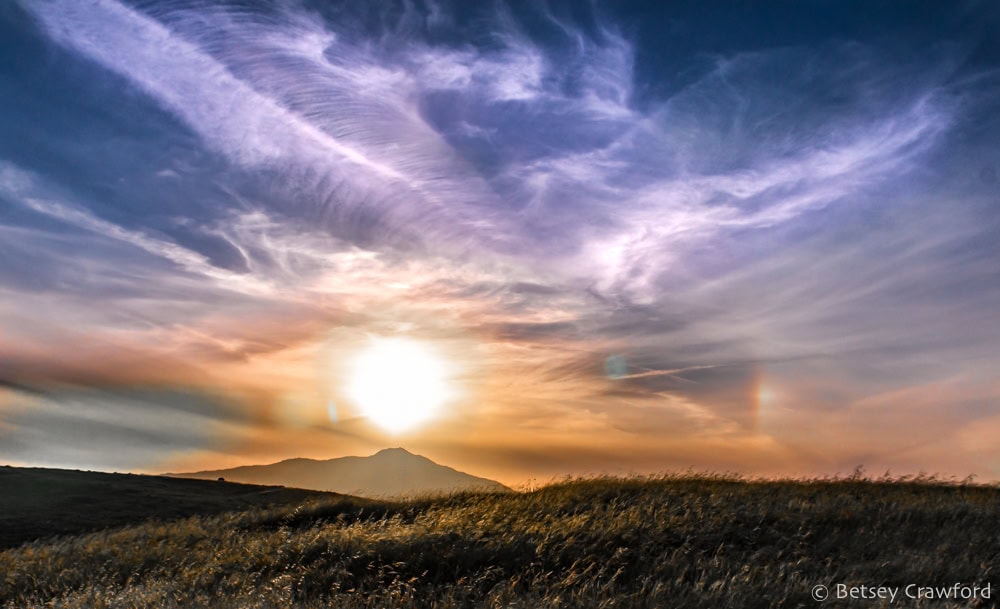
In some countries, there are positive examples of environmental improvement: rivers, polluted for decades, have been cleaned up; native woodlands have been restored; landscapes have been beautified thanks to environmental renewal projects; beautiful buildings have been erected; advances have been made in the production of non-polluting energy and in the improvement of public transportation.
These achievements do not solve global problems, but they do show that men and women are still capable of intervening positively. For all our limitations, gestures of generosity, solidarity and care cannot but well up within us, since we were made for love. (58)

We must forcefully reject the notion that our being created in God’s image and given dominion over the earth justifies absolute domination over other creatures. The biblical texts are to be read in their context, with an appropriate hermeneutic, recognizing that they tell us to “till and keep” the garden of the world.
“Tilling” refers to cultivating, ploughing or working, while “keeping” means caring, protecting, overseeing and preserving. This implies a relationship of mutual responsibility between human beings and nature. Each community can take from the bounty of the earth whatever it needs for subsistence, but it also has the duty to protect the earth and to ensure its fruitfulness for coming generations. (67)

All of us are linked by unseen bonds and together form a kind of universal family, a sublime communion which fills us with a sacred, affectionate and humble respect. (89)
Our immense technological development has not been accompanied by a development in human responsibility, values and conscience. (105)
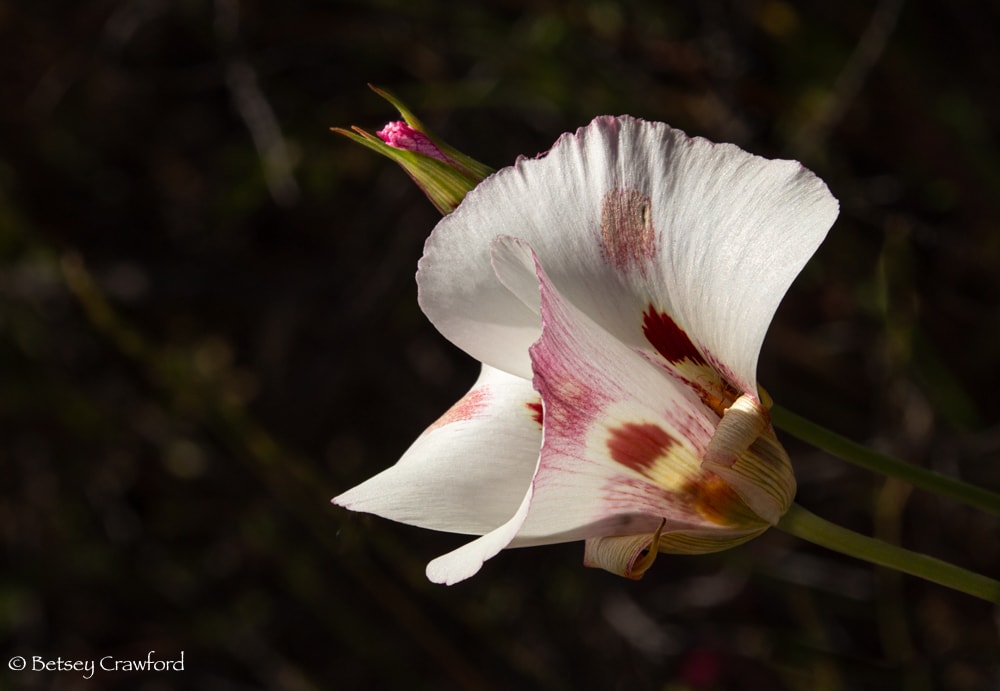
Liberation from the dominant technocratic paradigm does in fact happen sometimes, for example…when the desire to create and contemplate beauty manages to overcome reductionism through a kind of salvation which occurs in beauty and in those who behold it. (112)
A technology severed from ethics will not easily be able to limit its own power. (136)
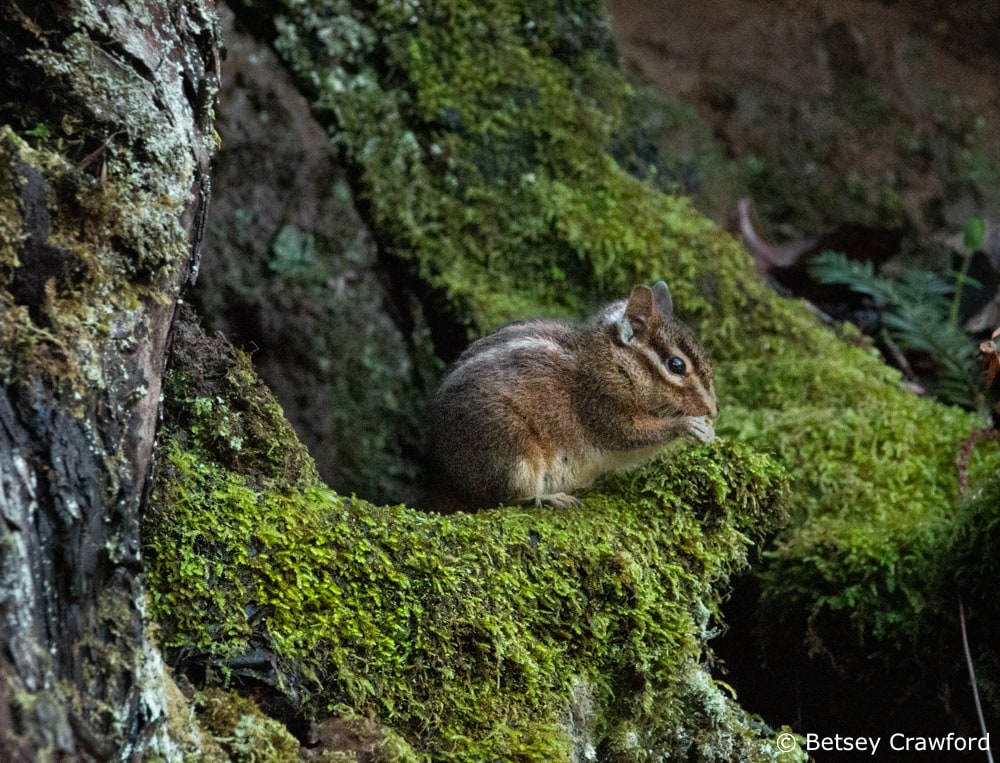
It cannot be emphasized enough how everything is interconnected. Time and space are not independent of one another, and not even atoms or subatomic particles can be considered in isolation. Just as the different aspects of the planet — physical, chemical and biological — are interrelated, so too living species are part of a network which we will never fully explore and understand.
A good part of our genetic code is shared by many living beings. It follows that the fragmentation of knowledge and the isolation of bits of information can actually become a form of ignorance, unless they are integrated into a broader vision of reality. (138)

We take these ecosystems into account…because they have an intrinsic value independent of their usefulness. Each organism…is good and admirable in itself; the same is true of the harmonious ensemble of organisms existing in a defined space and functioning as a system. Although we are often not aware of it, we depend on these larger systems for our own existence. (140)

Love, overflowing with small gestures of mutual care, is also civic and political, and it makes itself felt in every action that seeks to build a better world … These community actions, when they express self-giving love, can also become intense spiritual experiences. (231-2)
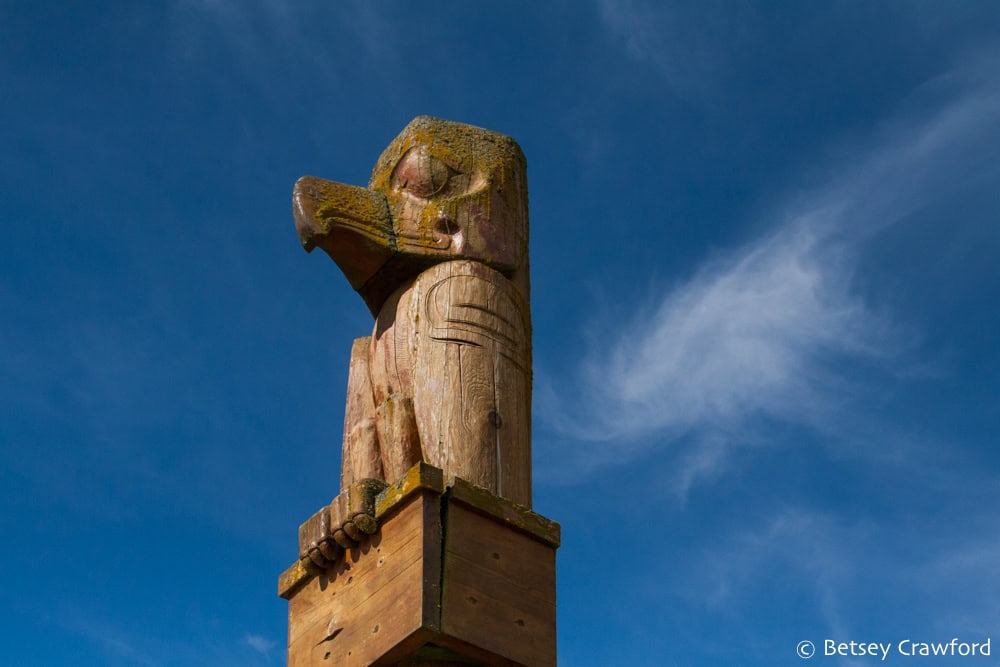
In this sense, it is essential to show special care for indigenous communities and their cultural traditions. They are not merely one minority among others, but should be the principal dialogue partners, especially when large projects affecting their land are proposed. For them, land is not a commodity but rather a gift from God and from their ancestors who rest there, a sacred space with which they need to interact if they are to maintain their identity and values.
When they remain on their land, they themselves care for it best. Nevertheless, in various parts of the world, pressure is being put on them to abandon their homelands to make room for agricultural or mining projects which are undertaken without regard for the degradation of nature and culture. (146)
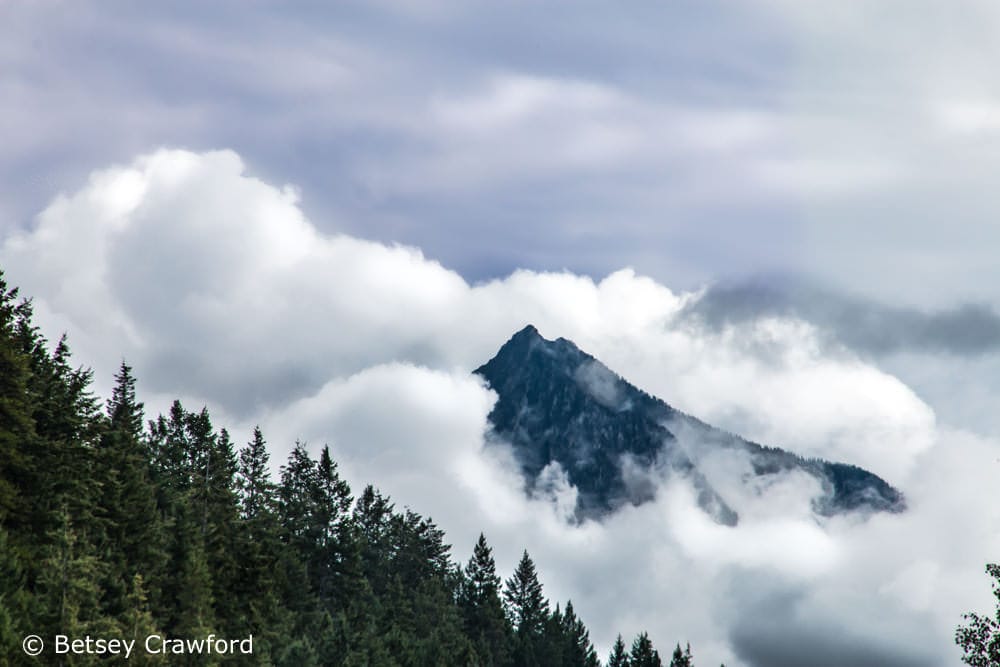
Once we start to think about the kind of world we are leaving to future generations, we look at things differently; we realize that the world is a gift which we have freely received and must share with others.
Since the world has been given to us, we can no longer view reality in a purely utilitarian way, in which efficiency and productivity are entirely geared to our individual benefit. Intergenerational solidarity is not optional, but rather a basic question of justice, since the world we have received also belongs to those who will follow us. (159)
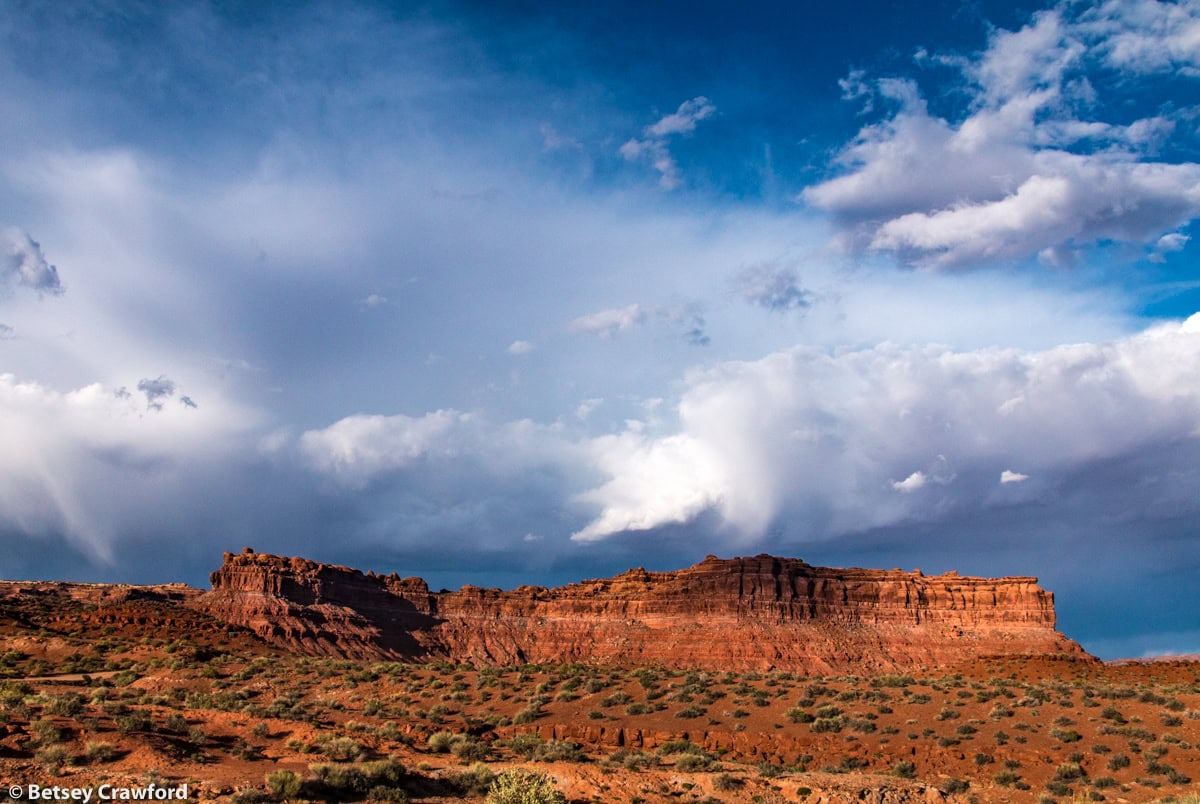
Politics and business have been slow to react in a way commensurate with the urgency of the challenges facing our world. Although the post-industrial period may well be remembered as one of the most irresponsible in history, nonetheless there is reason to hope that humanity at the dawn of the twenty-first century will be remembered for having generously shouldered its grave responsibilities. (164)
The same mindset which stands in the way of making radical decisions to reverse the trend of global warming also stands in the way of achieving the goal of eliminating poverty. (175)

While the existing world order proves powerless to assume its responsibilities, local individuals and groups can make a real difference. They are able to instil a greater sense of responsibility, a strong sense of community, a readiness to protect others, a spirit of creativity and a deep love for the land…Unless citizens control political power — national, regional and municipal — it will not be possible to control damage to the environment. (179)
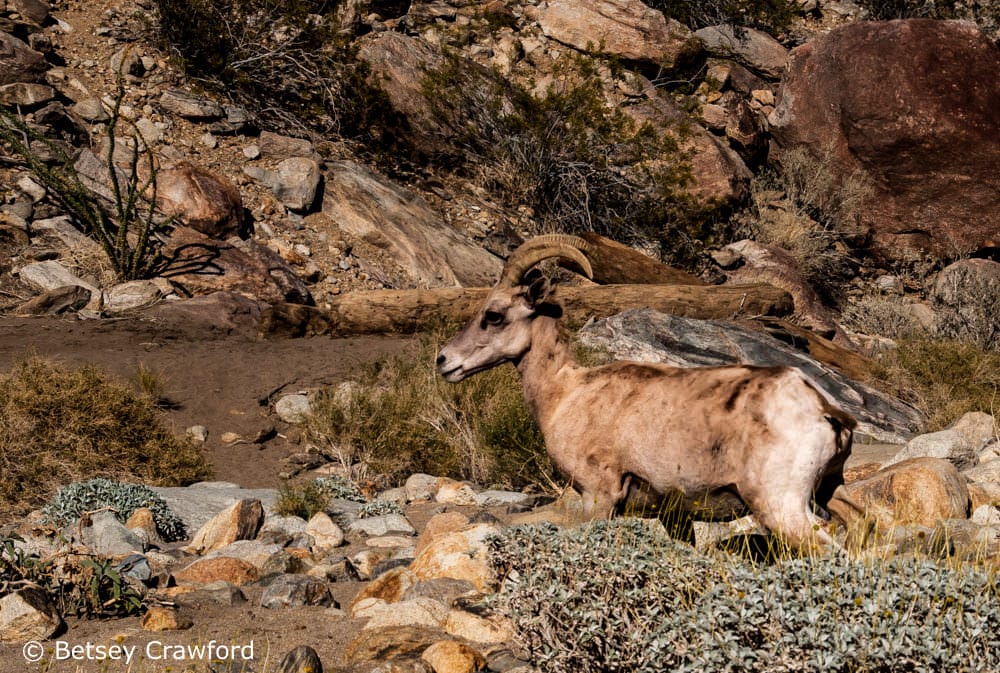
Where profits alone count, there can be no thinking about the rhythms of nature, its phases of decay and regeneration, or the complexity of ecosystems which may be gravely upset by human intervention. Biodiversity is considered at most a deposit of economic resources available for exploitation, with no serious thought for the real value of things, their significance for persons and cultures, or the concerns and needs of the poor. (190)
A technological and economic development which does not leave in its wake a better world and an integrally higher quality of life cannot be considered progress. (194)
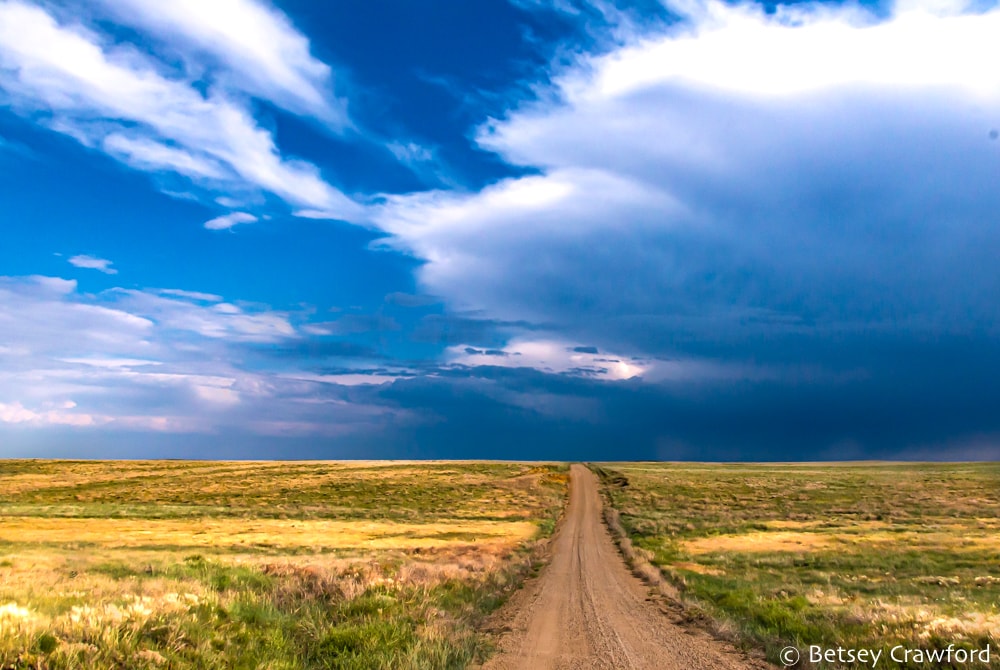
Many things have to change course, but it is we human beings above all who need to change. We lack an awareness of our common origin, of our mutual belonging, and of a future to be shared with everyone. This basic awareness would enable the development of new convictions, attitudes and forms of life. A great cultural, spiritual and educational challenge stands before us, and it will demand that we set out on the long path of renewal. (202)

Environmental education should facilitate making the leap towards the transcendent which gives ecological ethics its deepest meaning. (210)
By learning to see and appreciate beauty, we learn to reject self-interested pragmatism. If someone has not learned to stop and admire something beautiful, we should not be surprised if he or she treats everything as an object to be used and abused without scruple. (215)

There is a nobility in the duty to care for creation through little daily actions…All of these reflect a generous and worthy creativity which brings out the best in human beings…We must not think that these efforts are not going to change the world. They benefit society, often unbeknownst to us, for they call forth a goodness which, albeit unseen, inevitably tends to spread. (211-12)
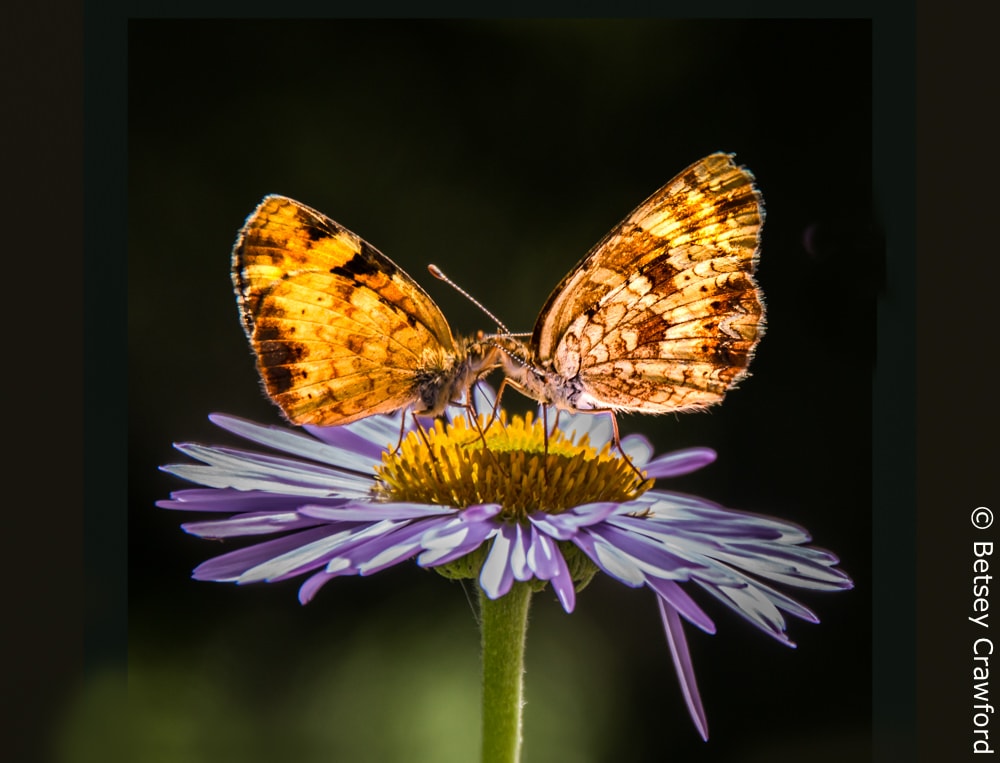
Inner peace is closely related to care for ecology and for the common good because, lived out authentically, it is reflected in a balanced lifestyle together with a capacity for wonder which takes us to a deeper understanding of life. Nature is filled with words of love, but how can we listen to them amid constant noise, interminable and nerve-wracking distractions, or the cult of appearances? (225)
There is a mystical meaning to be found in a leaf, in a mountain trail, in a dewdrop, in a poor person’s face. (233)
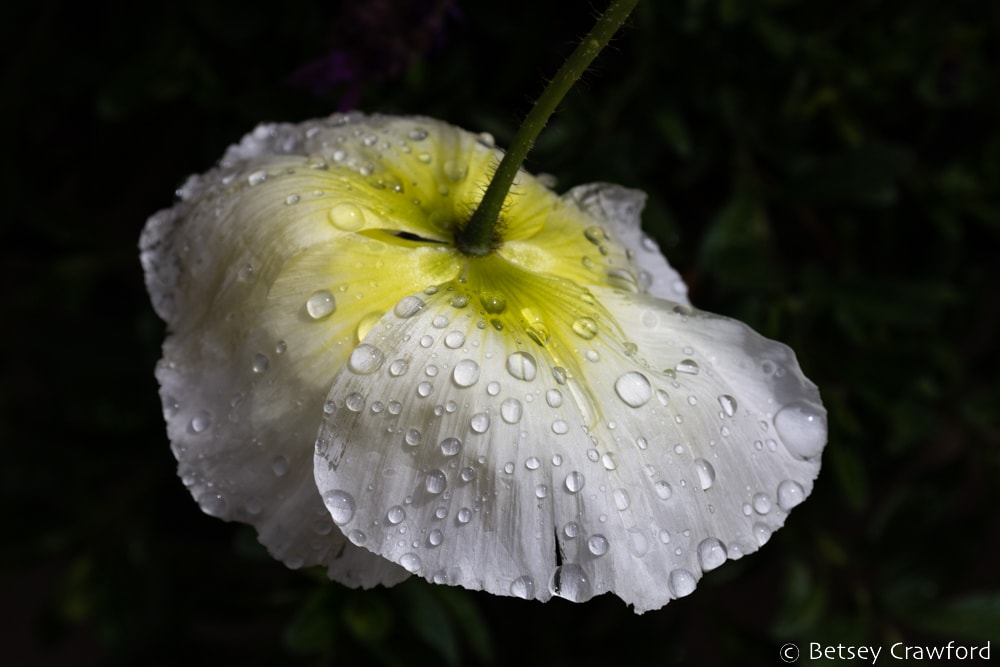
~ RELATED POSTS ~

LAUDATE DEUM: A CRY FROM THE HEART
In his urgent 2023 exhortation, Pope Francis expands on 2015’s Laudato Si. Then, he expressed his concerns for the home we share. Now, he sees how our wholly inadequate response has brought our world to a breaking point.
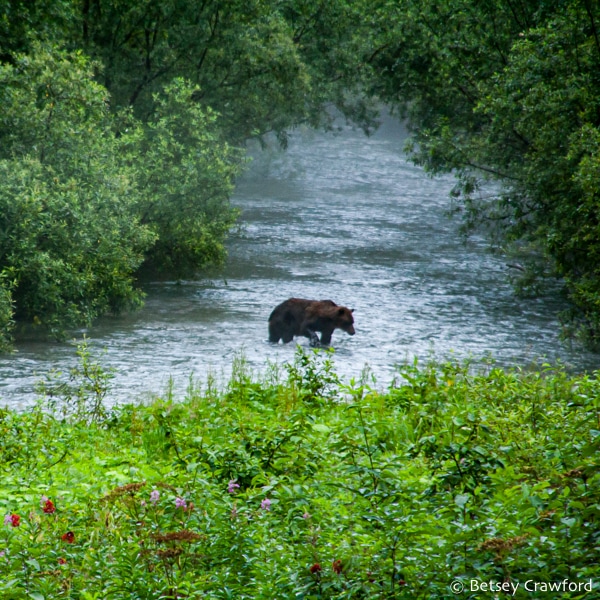
THE KLAMATH RIVER DAMS: REWEAVING A RIVER
I have a special interest in the Klamath River dams: my grandfather helped build them. With four gone after decades of activism, the river can reweave its confluence of lives and habitats. As we repair the damage we do by constraining nature, we gain life itself.

THE GEOGRAPHY OF HOPE: SAVING HALF THE EARTH
Biologist E.O. Wilson had a radical proposal: save half the earth to stem the drastic rate of current extinctions. The plan is both wonderfully simple and wildly complicated. It also invites us to rethink what we do with the other half.
Love your work … May you be nourished by all you do as we are by following your posts. Thank you
Thank you! What a lovely wish.